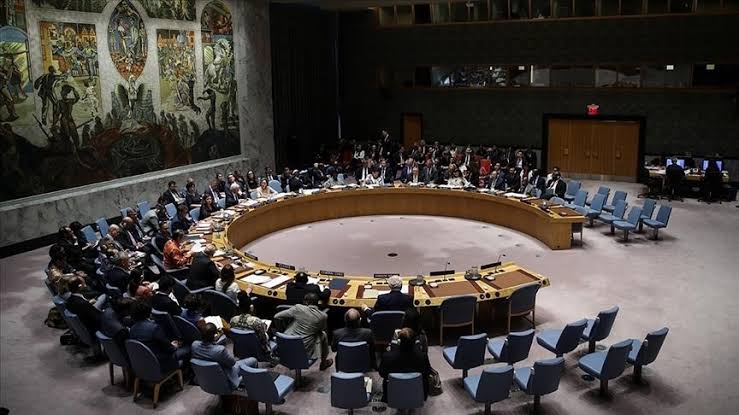UN General Assembly to debate UNSC veto

The UN General Assembly passed a resolution that allows it to convene automatically when a veto is cast. A General Assembly meeting will automatically be triggered within 10 days after a veto is cast by one of the five permanent members of the UN Security Council – China, Russia, the US, the UK and France.
This is probably required to prevent the UN going the way of its predecessor the League of Nations.
Presently the UNSC is not the true indicator of the World Powers. Spent forces like UK still continue to be a veto casting member whereas nowadays most decisions have no meaning without involvement of India. Even Japan, Brazil and South Africa need to be members of an new revamped Security Council for it to be effective.
The UN General Assembly must be willing and ready in fulfilling its responsibilities and playing an active and important role as mandated by the UN Charter. Thus, the original intention of this latest resolution is very forward looking. However procedural confusion and inconsistency in practice this may cause, and whether it can achieve its intended purpose must be carefully looked into,
Adoption of the resolution, which does not eliminate the veto power of five permanent members of the UNSC but requires a debate on that proposal, came after Russia cast a veto on its special military operations in Ukraine.
The purpose of the resolution is to uphold genuine multilateralism, maintain common security and seek common development, but such an arrangement may weaken the role of the veto in balancing direct confrontations of major powers established since World War II.
Though debate may result in the voices of more countries being heard, it at the same time generates more unnecessary noise especially by camp following nations, which cannot effectively affect any decision of the UNSC, but would only interrupt the decision-making process.
From this sense, UN reform should focus more on improving the efficiency of decision-making and execution of the UNSC by revamping it thoroughly,by including India and other important powers from each continent and weed out countries like UK immediately.
Placing permanent members under the microscope of global scrutiny and opinion when they make use of the veto power on a proposal brings certain self-restrictions to permanent members, but it may also expand confrontations among blocs as the proposal is discussed in procedure, analysts said.
The truth of the resolution is sort of in favor of the strategy of great power competition, and this will expand competition between great powers in the UN.
The US demonstrated its confidence in promoting this resolution to be passed driven by the Russia-Ukraine crisis, but if one day in the future the majority of the international community has an entirely different view from the US on some issues, it’s hard to tell whether the US can gain wide support or withstand doubts from UN member states.
The US also used its veto power a lot of times in history, and sometime it even bypassed the UN to launch wars against other sovereign countries like Iraq, Afghanistan, Panama etc without the authorization of the UNSC. So, would the US sincerely respect such a change when one day, it finds its veto generates great opposition?
A coin has two sides. Such a UN resolution will impact the interests and sovereignty of nations, it will also prevent the UN from being hijacked by some major powers.
Among the five permanent members, Russia or former Soviet Union made use of their veto power 120 times, followed by 82 for the US, 27 for Britain, 17 for China and 16 for France.
Such a debate in the General Assembly allows developing countries to clarify their in-depth views on regional or global affairs and helps other countries see more truth in a rational, forceful and effective manner. It also puts forward higher requirements for diplomats, that they must have a better grasp of their country’s position on security and development initiatives in the international organization.
Both India and China should be in favor of member states discussing on the platform of the UN General Assembly regarding disagreements among the permanent members, which prevent the UNSC from taking action on major issues related to peace and security.




